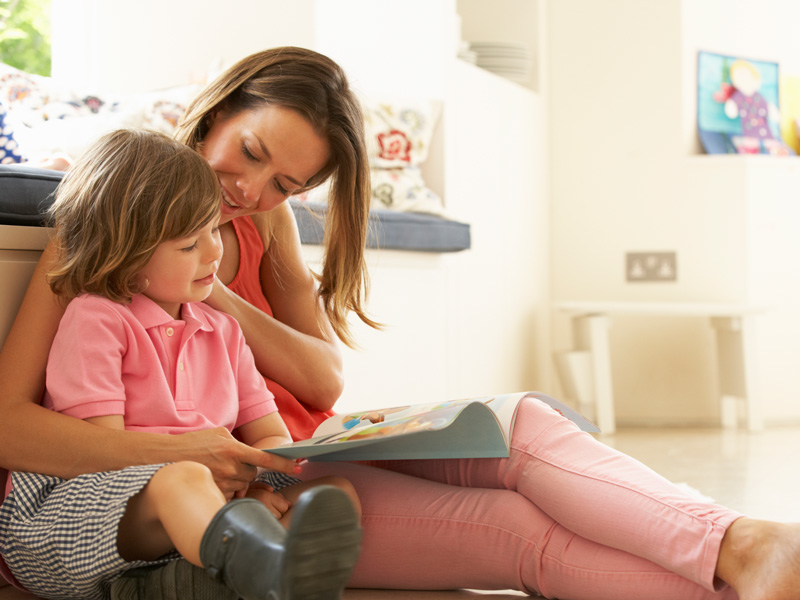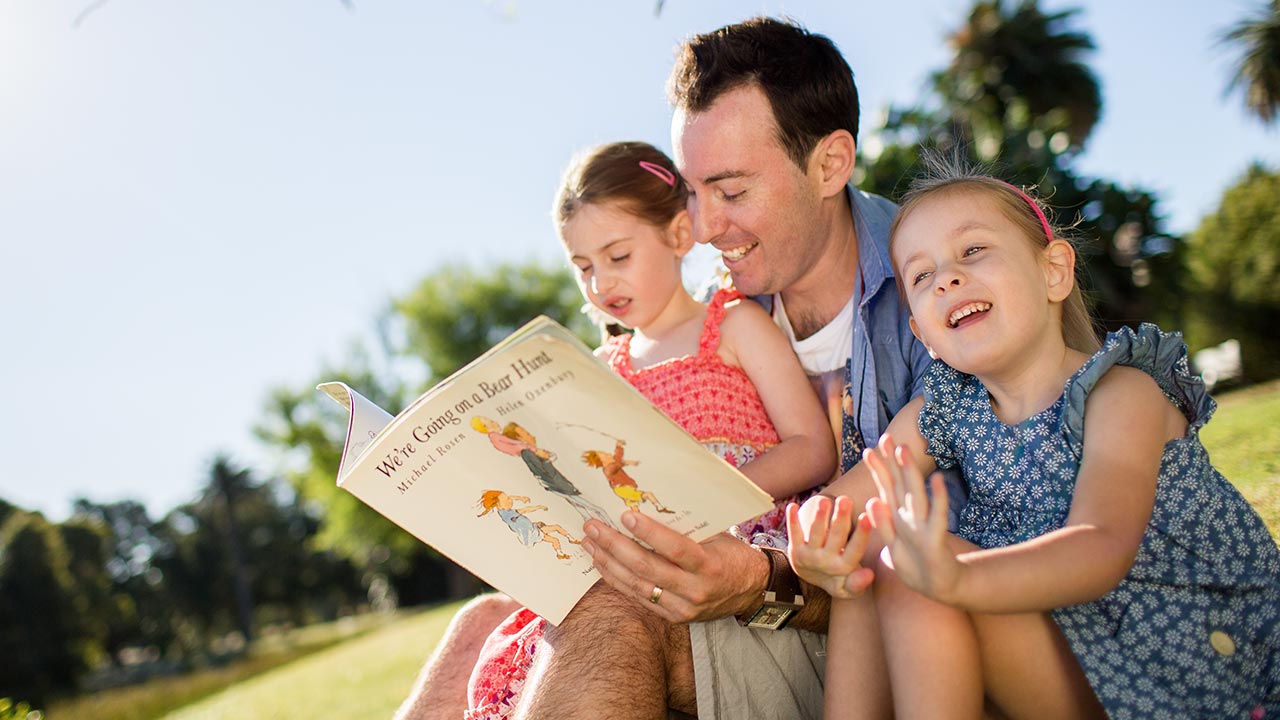Teaching Early Reading and Spelling Skills: Frequently Asked Questions
There are so many good, evidence based programmes available now to support parents and educators in developing early reading and spelling skills.
These are based upon teaching phonics in a systematic, explicit manner.
If you don’t have the background knowledge about why a specific scope and sequence needs to be followed however, when things go ‘wrong’ (which they will invariably do for approximately 10% of children in any classroom), you won’t know how to adjust your teaching to ensure that all children learn and make steady progress.
Let us help by answering some of the most frequently asked questions about supporting children’s early reading and spelling skills when things don’t go as planned.
- What is the difference between phonological awareness and phonics?
Phonological Awareness: As we have mentioned in previous Chatterbox blogposts here , this term refers to the ability to recognise and manipulate the sounds of spoken language, such as segmenting words into syllables, and identifying individual sounds (phonemes) within words. It’s a vital pre-reading skill that children require before they can then map ‘letters’ (also referred to as graphemes) to their speech sounds for the purposes of spelling and reading.
Phonics: Phonics, on the other hand, involves connecting these sounds (phonemes) to written letters (graphemes). It’s about learning the relationships between letters and the sounds they represent.
There is a difference between these two concepts and children need BOTH if they are to be successful in acquiring early literacy skills.
- What are the most important foundational phonological awareness skills to master?
Ideally, children will master the ability to segment words into syllables, identify sounds in various word positions and segment as well as blend sounds within words. If you had to pick the most important of these early developing skills of these to master, it would have to be the ability to segment (break words apart into component individual sounds) and blend (stretch these sounds back together to form a word) as these two skills link beautifully to spelling and reading.
So many children we meet have good awareness of individual speech sounds and the letters used to represent these (i.e. phonics), however without the phonemic awareness skills of segmentation and blending, they are unable to progress to spelling and reading simple words.
- 3. How does speech link to literacy?
Speech and literacy are closely connected.
Reading and spelling essentially involves translating spoken language into written form.
Helping children to ‘crack the code’ involves showing them how their speech sounds map to the written form.
- How to help children read and spell words with less regular spellings
When encountering irregular or challenging words, so many of us are tempted to make comments such as “This is a tricky word. You just need to remember it”.
Contrary to common belief…Very few words need be described in this way.
Sure, many words use less regular / common spellings of sounds but it is far more helpful to explain this to children with comments such as “This word has some tricky parts. […]





